Despite forging alliance, PPP decides not to become part of Shehbaz's cabinet
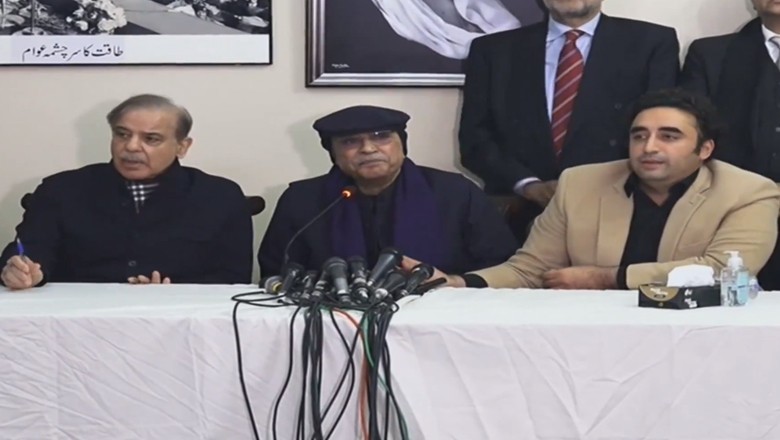
Web Desk
|
21 Feb 2024
The two major political parties, Pakistan Muslim League-Nawaz (PML-N) and Pakistan Peoples Party (PPP) have agreed on a power-sharing formula but the latter has denied taking any key portfolio in the centre.
According to the agreement, PML-N President Shehbaz Sharif will be the candidate for the PM slot and PPP co-chairman Asif Zardari will contest for the post of President.
The decision was announced by the PPP chairman Bilawal Bhutto-Zardari after the days-long talks of forming an alliance ended on Tuesday.
“The Pakistan Peoples Party and the Pakistan Muslim League-Nawaz now have complete numbers and we are in the position to form the next government,” the former foreign minister said while addressing a press conference in Islamabad.
The presser was flanked by the top leadership of both parties, including Bilawal Bhutto-Zardari, Asif Zardari, and Shehbaz Sharif.
Bilawal said that both parties are going to form a government to steer the country out of the ongoing crises.
However, according to sources, the PPP has turned down the PML-N's offer to become part of Shehbaz Sharif's cabinet.
Sources said the PPP will only take key constitutional posts, including the Presidency, Senate chairman, Punjab governor, KP governor, and Deputy Speaker National Assembly.
In return, the PPP will put its weight behind PML-N's candidate for the Prime Minister, Shehbaz Sharif, with 54 National Assembly seats.
Nawaz Sharif's party will also vote for the PPP's nominee for the Balochistan CM office.
Under the power-sharing formula, PML-N will get the PM office, Punjab CM, Speaker National Assembly, and governors of Sindh and Balochistan.
Bilawal's party will also not take any portfolio in the Punjab cabinet, sources added.
However, several PML-N leaders have already voiced their concerns over the PPP's decision and urged the party not to take the burden alone.
According to the Constitution, the President has to call a National Assembly session by February 29 after which the lower parliament will elect a new prime minister.




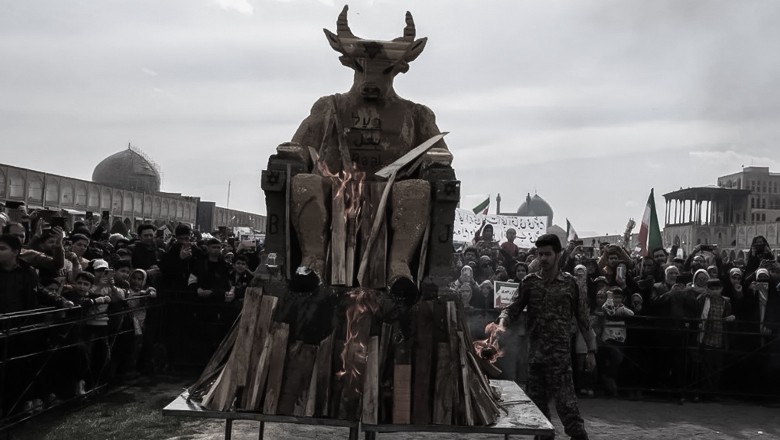

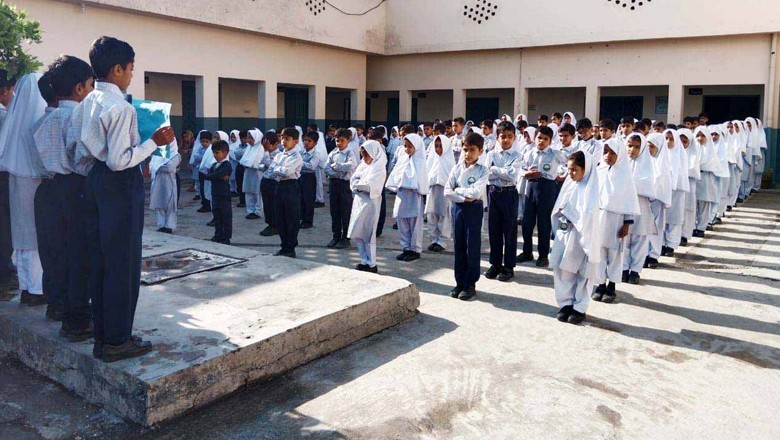
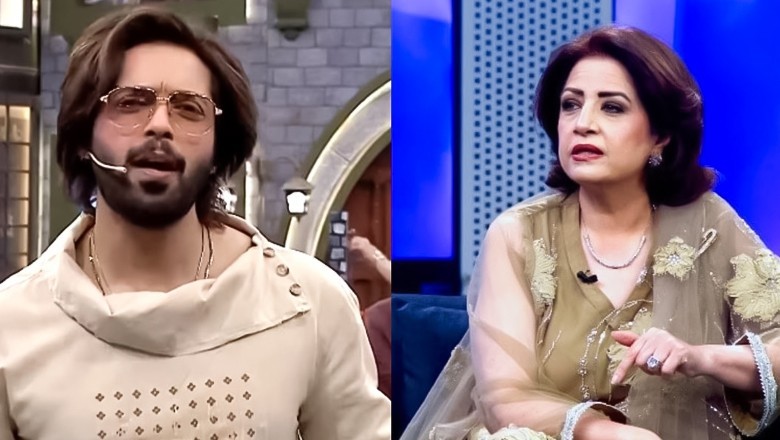
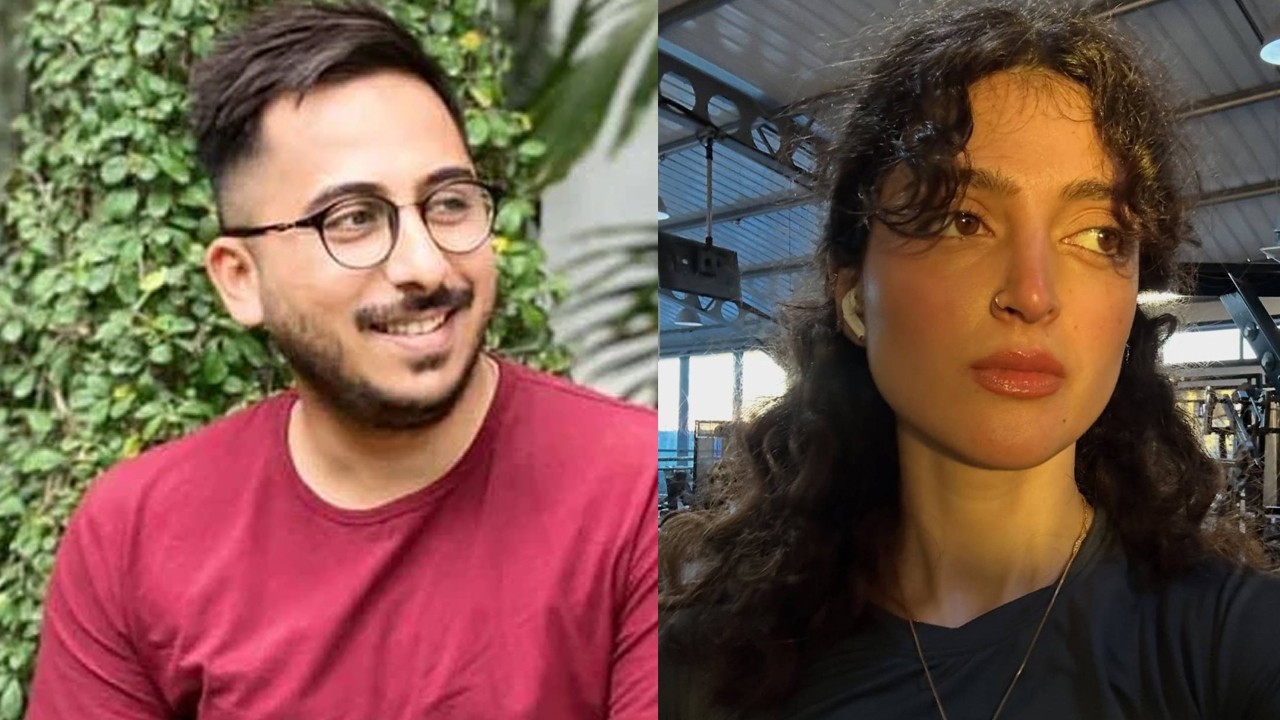
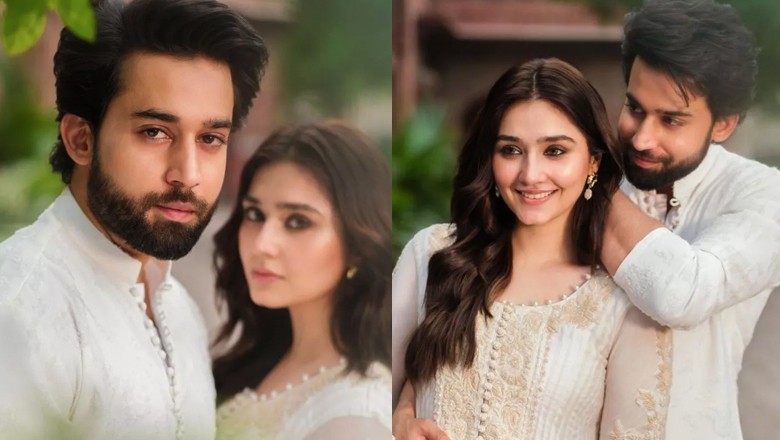
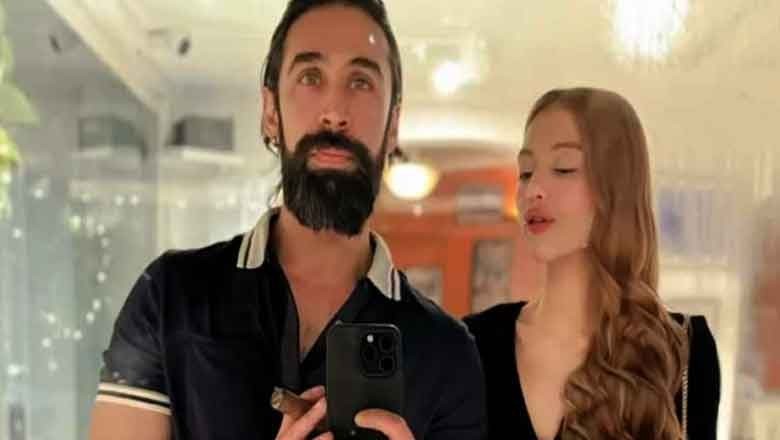
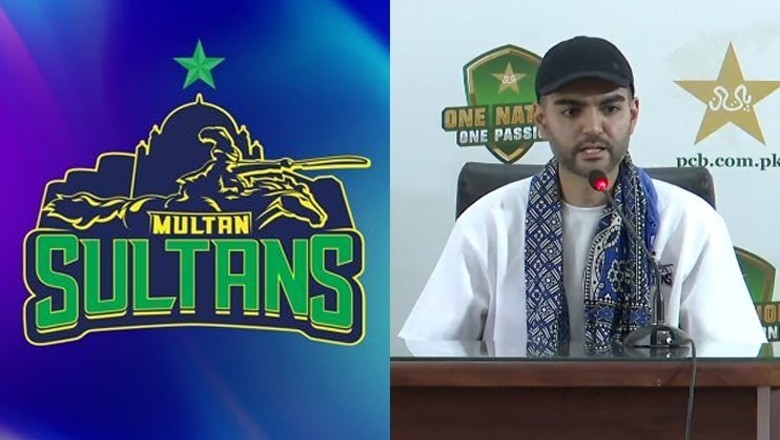
Comments
0 comment